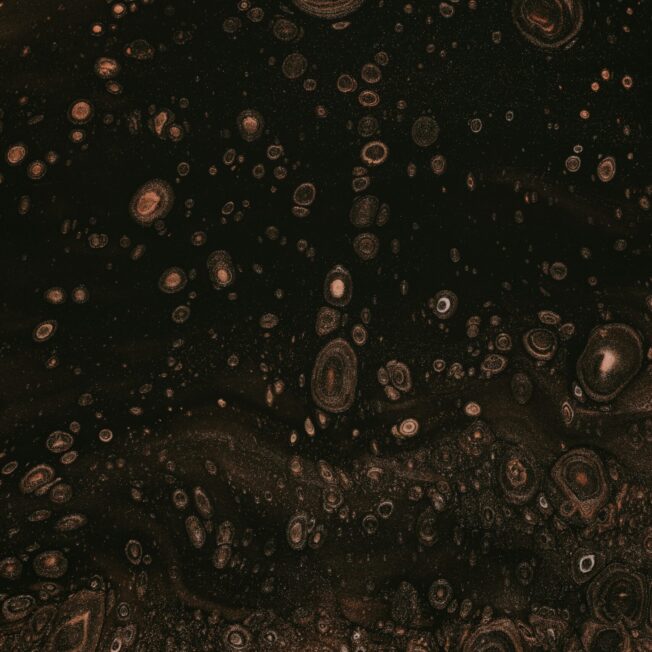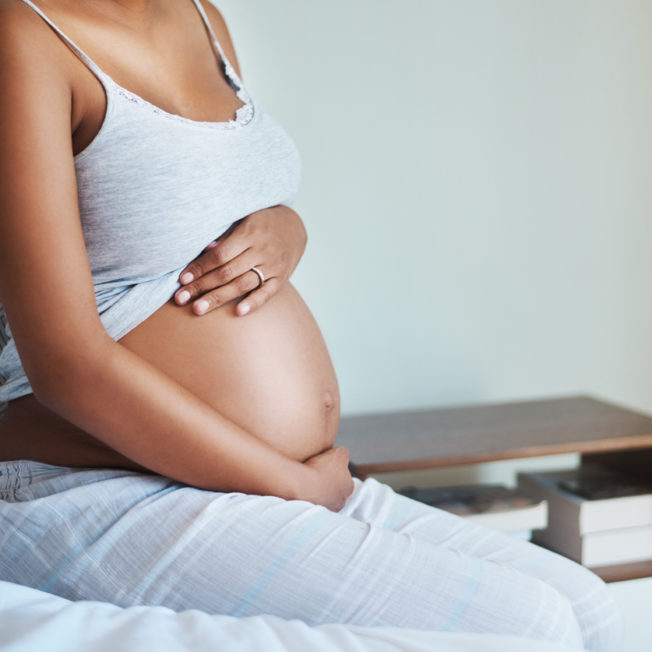San Francisco is trying something new. A new initiative will begin in 2021 to help mothers in the Bay Area called the Abundant Birth Project. Through this project, pregnant Black and Pacific Islander women in San Francisco will get a $1,000 monthly stipend during their pregnancy and at least six months after they give birth in an effort to help improve health outcomes for the mother and the baby. The goal of the initiative is to eventually provide supplemental income to the women for up to two years after pregnancy.
Rather than offering additional programs or different medical care options, the city decided to help the pregnant women who are part of the Abundant Birth Project through cash delivered in monthly supplements. The pilot program would include 150 low-and-middle-income Black and Pacific Islander expecting parents to be recipients of the monthly stipends over the course of the next two years.
The Abundant Birth Project is a public-private partnership that has received $200,000 from the San Francisco Department of Public Health and over $1 million from charitable donations. Through the funding and donations, the women who receive the stipend will have no restrictions on how to spend the money in an effort to empower these mothers. The supplements are also a restorative step for mothers to put the trust in themselves and decrease the overall stress due to financial insecurity, something that is believed to contribute to high rates of premature birth in the Black and Pacific Islander communities.
The initiative was led by Dr. Zea Malawa of the city Department of Public Health and is supported by the Hellman Foundation and the UCSF California Preterm Birth Initiative who provided the resources needed to study the health impacts results. The project is the first of its kind in the United States and will be a great test to see if supplemental income throughout someone’s pregnancy can reduce maternal mortality, low birth rates, as well as preterm births.
“There is a lot of stigmas unfairly assigned to low-income women of color and in particular low-income Black women around receiving benefits,” Dr. Malawa said.” When we invest in low-income families, we need to remove the stigma, because that is also an investment in our economy and in our future well-being. Everyone can benefit from a generation of kids who are born healthy and happy.”
The idea to help pregnant women in San Francisco through cash, as opposed to additional programs or different medical care, came from both looking at the data and from putting Black and Pacific Islander women at the center of decision-making. The project learned through speaking to the Black and Pacific Islander mothers in their steering committee that financial issues become stressful for the families, especially in a city like San Francisco that is so expensive. There is a stigma surrounding receiving benefits, so the goal of the project is to try to erase the stigma and see the stipend as an investment into the city’s future.
Black and Pacific Islander families are at the bottom of the racial wealth gap in San Francisco with a median household income of $30,000 for Black families and $67,000 for Pacific Islander families. In the city at large, residents have a median household income of $104,000.
The monthly stipend would go a long way towards necessary expenses for the expecting mothers to have safe, healthy pregnancies, like transportation to and from doctor’s appointments, as well as day-to-day housing expenses, like rent, bills, and groceries.
In San Francisco, Black infants are twice as likely as white infants to be born prematurely and Pacific Islander infants have the second-highest preterm birth rate in the city. In addition to the infants being born preterm, Black families account for half of San Francisco’s maternal deaths and 15% of infant deaths.
This isn’t just an issue within the Bay Area. Across the United States, Black women die during pregnancy or in the months following giving birth two-and-a-half times more often than white women, and three times more often than Hispanic women. These tragic circumstances are often caused by the lack of access to quality healthcare for Black and Pacific Islander women due to the systemic racism that can cause income inequality.
“Providing guaranteed income support to mothers during pregnancy is an innovative and equitable approach that will ease some of the financial stress that all too often keeps women from being able to put their health first,” San Francisco’s Mayor London Breed said in a press statement regarding the initiative. “The Abundant Birth Project is rooted in racial justice and recognizes that Black and Pacific Islander mothers suffer disparate health impacts, in part because of the persistent wealth and income gap. Thanks to the work of the many partners involved, we are taking real action to end these disparities and are empowering mothers with the resources they need to have healthy pregnancies and births.”


















